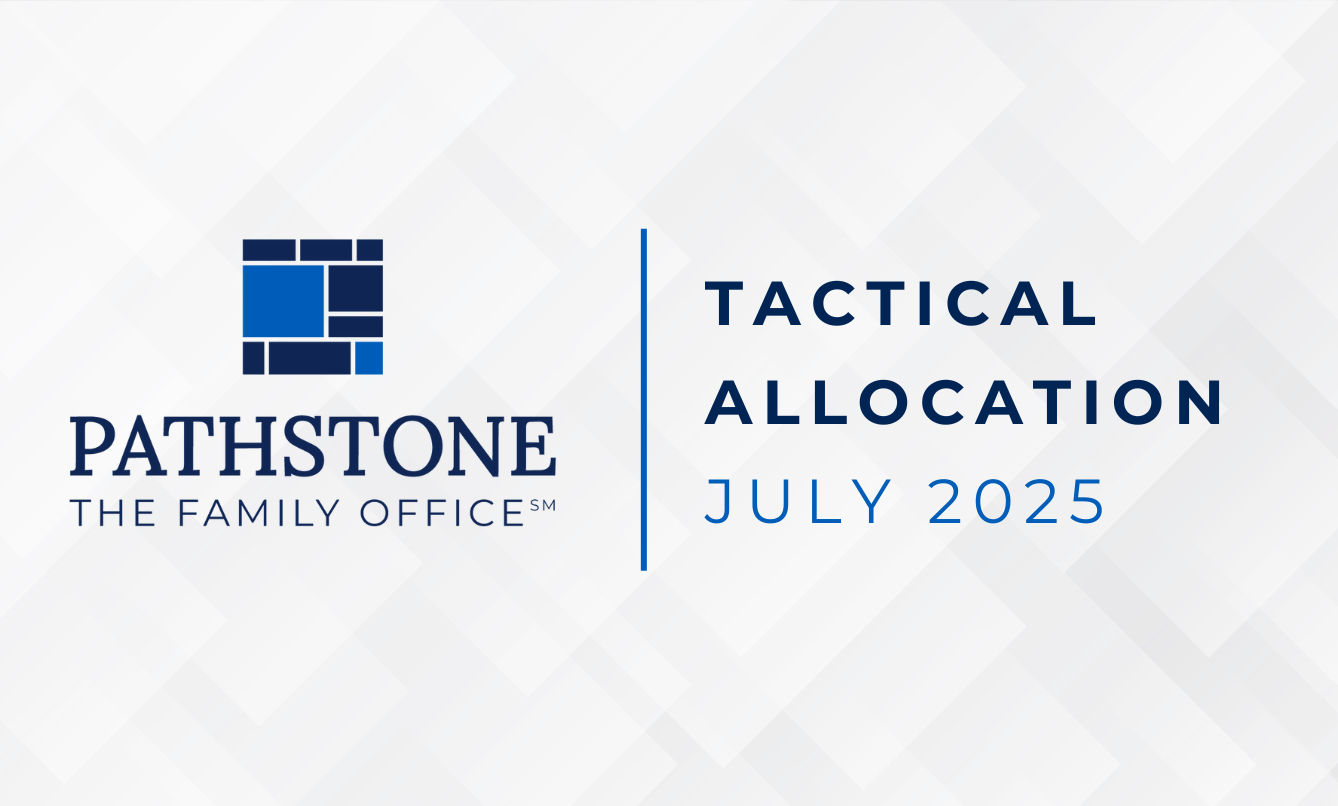My mother is an organizing/cleaning enthusiast, so the tips I share today would be at the top of her list. The tools she gave me helped create the foundation I needed to make confident financial choices. One of those skills was to organize and create a clean space before making any major decisions. Ultimately, she wanted me to be empowered and financially independent. I still use many of her lessons today, which drew me towards the HerPath initiative at Pathstone.
One of the goals for HerPath is to help women exchange ideas and help each other grow. In the spirit of collaboration, I’m sharing how I tackle Financial Spring Cleaning in my household. With the sun shining brightly, staying inside filing may not sound appealing. However, I have a few hacks to make the task easier.
1. Have a place for all key documents (specific files, whether physical or electronic.)
This includes key individuals’ contact information: CPA, financial advisor, attorney, insurance broker (life insurance and property/casualty)
2. Update balance sheet and budget.
- Review these two items at least annually.
- Balance sheet- list all your assets and liabilities
- Budget-Know your income and expenses. If this sounds overwhelming, have 5-10 large buckets of expenses (housing, food, education, insurance, etc.)
3. Have a system.
- Manage the clutter. Take the time to shred, delete, recycle, and file any statements in their correct places.
- Have a schedule. It does not matter if it’s once per week or once per month. Here’s mine:
- Sort (shred, delete, recycle or file) mail weekly.
- Monthly, clean out the “do later” pile. This “pile” is either in a specific drawer or email folder. Make one of three decisions:
- Complete the task,
- Roll the task to the next month, or
- Accept that the task is not a priority and delete it
- On a quarterly basis, update a spreadsheet to track charitable contributions, transactions (purchases/sales), or any major financial/taxable event for the year.
4. Use a password storage system.
There are several choices, LastPass, Keeper, Dashlane, etc. I use a family version and list my husband as my emergency contact, so he has access to accounts if something happens to me.
5. Estate Planning Documents
- Review every 3-5 years or whenever there is a major life change (birth, marriage, divorce, moving to another state, major law changes, etc.).
- Questions to ask during your review:
- Are bequests to charity / individuals still representative of your wishes?
- Are the key individuals you named for trustee, executor/personal representative, guardian still appropriate?
- Know where this is saved and let your executor know how to locate these documents.
6. Check beneficiaries annually on all accounts.
Accounts with beneficiaries (such as retirement accounts and insurance policies) are not covered by your will, so it is important you have current beneficiaries listed.
Typically, one spouse is the financial manager. Regardless, both partners need to know about:
- All financial assets including life insurance and employee benefits
- Key individuals’ contact information: CPA, financial advisor, attorney, insurance broker (life insurance and property/casualty)
- Where key records are stored
Once the clutter is cleared and a system is in place, maintenance is simple. I hope you can use some of these tools to ease your financial journey. Happy Spring Cleaning!
Please see the PDF version of this article for important disclosures.








